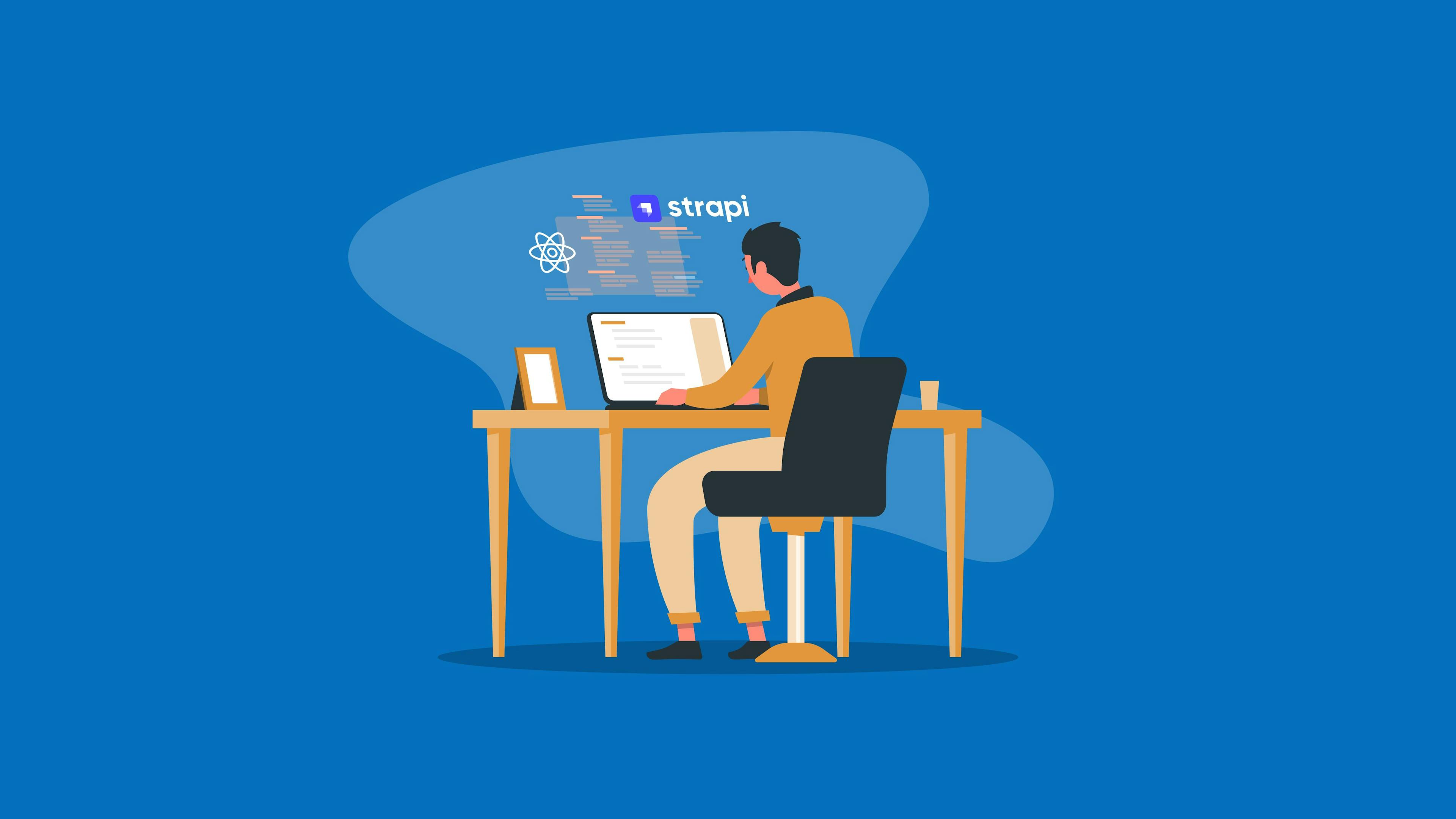Accelerating Website Loading Time: Techniques and Tools for Faster Performance
- Software Development

Website performance has always been crucial in providing an excellent user experience. A slow-loading website frustrates visitors and can harm your search engine ranking. In this blog post, Kapsys will explore various techniques and tools that can help accelerate website loading time.
The Importance of Accelerating Website Loading Time
Before we delve into the techniques, it's worth re-emphasizing why accelerating website loading time is so important. Research has consistently shown that slow-loading websites lead to a high bounce rate, with visitors likely to leave if a page takes longer than 3 seconds to load. In addition, Google includes page load time as a ranking factor in its search algorithm, emphasizing the importance of speedy websites. More on this can be found in the post on SEO Best Practices.
Techniques for Accelerating Website Loading Time
Let's now explore some effective techniques for accelerating website loading time.
1. Optimize Your Images
Image optimization is one of the simplest ways to reduce page load times. High-resolution images consume a lot of bandwidth while loading. You can significantly reduce load times by compressing images, converting them into more efficient formats like WebP, or using CSS sprites. Tools like TinyPNG can help with this.
2. Minimize HTTP Requests
Each element on your website - an image, a stylesheet, a script - requires a separate HTTP request. More requests mean more time to load fully. Reduce the number of elements, combine files, and use CSS instead of images wherever possible.
3. Leverage Browser Caching
Browser caching stores webpage resource files on a local computer when a user visits a webpage. Leverage this by setting your server to instruct browsers how their resources should be dealt with.
4. Enable Compression
Gzip is a file compression method that reduces the size of your HTML, CSS, and JavaScript files to larger than 150 bytes. Don't use gzip on image files, though, as it's better to compress them in the optimization process before uploading them to the website.
Tools for Accelerating Website Loading Time
Several tools can aid you in your mission of accelerating website loading time.
1. Google PageSpeed Insights
This free tool from Google analyzes your site's load time and provides suggestions for improvement. It's an essential tool for any webmaster.
2. GTMetrix
GTMetrix provides a comprehensive report on your website's performance, including a waterfall breakdown and various performance insights.
3. Pingdom
Pingdom is another great tool that allows you to test the load time of your website from different locations.
Conclusion
In the age of high-speed internet, users have little patience for slow-loading websites. Using the techniques and tools outlined in this post can significantly improve your website's performance, providing a better user experience and potentially improving your SEO rankings. Remember, accelerating website loading time is an ongoing process, not a one-time task. You should always be on the lookout for new ways to improve.


